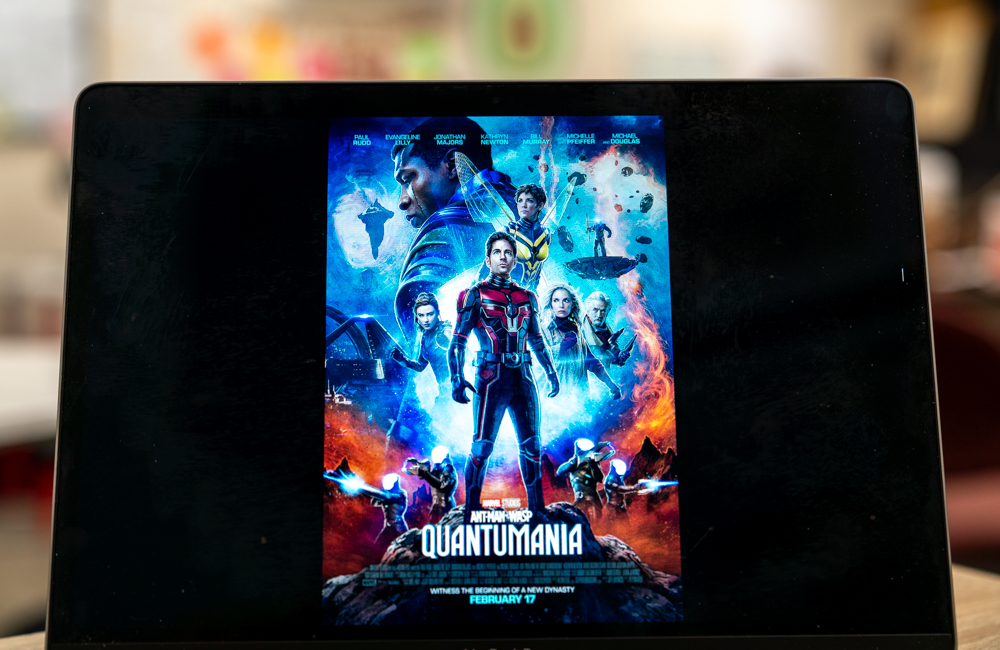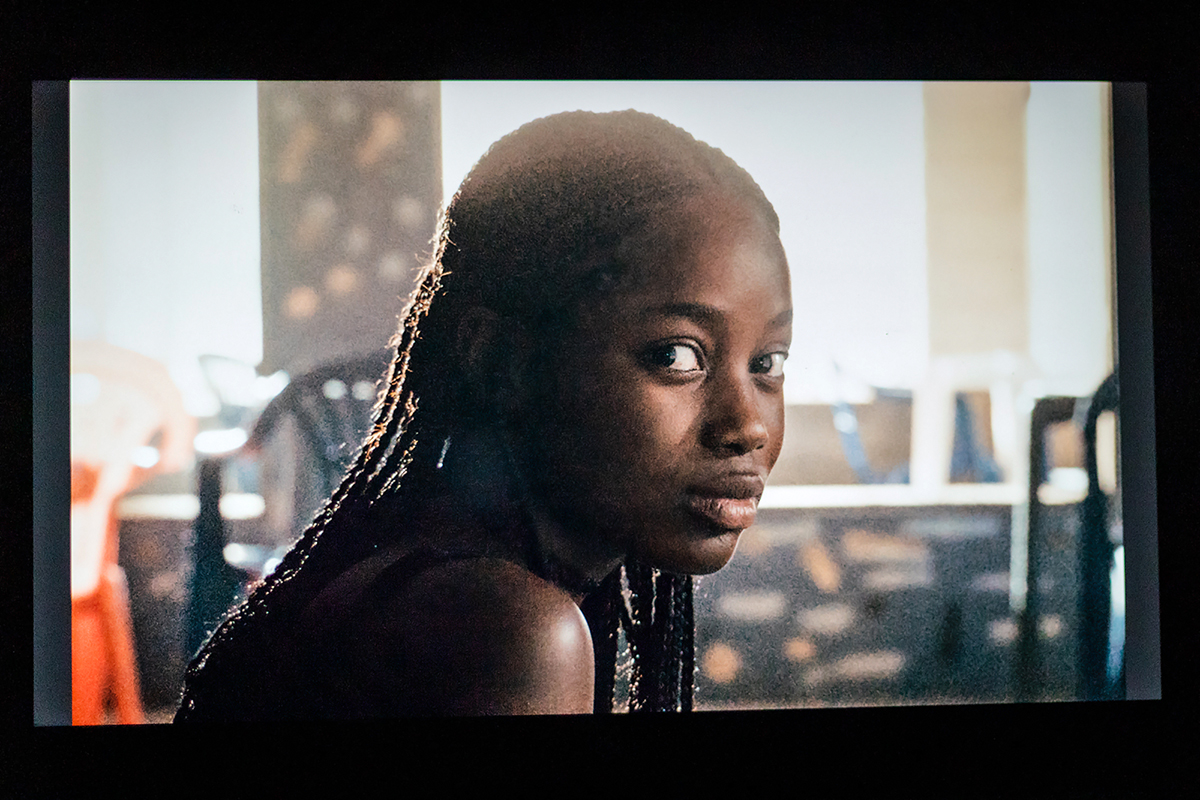On Wednesday, the Boston University Mind and Brain Society showed students that when life gives you lemons, a miracle berry can trick your tongue into believing they are sweet.
About 300 students attended the “Miracle Berry Tasting Party” at BU Central, hosted by MBS, to witness first-hand the berry’s ability to transform acidic tastes into sweet flavors.
Each student was given one miracle berry and invited to taste an array of foods scattered around the room, including sour cream, cream cheese, salt and vinegar chips, lemons and other acidic snacks.
“[The berry] is just a fruit that has a protein that alters your taste perception,” said College of Arts and Sciences junior Frank DeVita, a writer and editor for the group’s Nerve publication.
“It makes lemons taste like sweet lemonade and salt and vinegar chips taste like sweet candy,” he said.
The miracle berry, scientifically known as the Synsepalum dulcificum, is a fruit that, when eaten, temporarily causes taste buds to register sour and bitter flavors as sweet, according to miriclefruitusa.com, a website about the miracle berry.
DeVita said the berry affects a person’s taste for about an hour and a half.
Platefuls of lemon pieces disappeared within the first 15 minutes of the event, as students munched through them, chasing down the sweet lemons with vinegar or hot sauce.
“It was really cool seeing people bite into lemons and say, “Oh my god, I want five more,” DeVita said.
CAS senior Aaron Strick said he was very excited about tasting the berry.
“I only thought my tongue would be blown, but it also blew my mind,” he said.
“It’s kind of freaky,” added Bruk Mesfin, a College of General Studies sophomore.
“Best lemons I’ve ever tasted.”
Before leaving, members of the MBS recommended students eat some saltine crackers available at the door.
“Even though they no longer taste like it, these foods are really acidic,” said CAS senior Grigori Guitchounts, president of MBS. “The crackers help calm the stomach.”
MBS is a union of students interested in neuroscience, most of whom are neuroscience or biology majors, Guitchounts said.
“This is the first and probably only time we’re going to do this,” he said. “We wanted to have a popular, cool way of introducing neuroscience to people.”
Devita said he was pleased with the turnout.
“It went pretty well, everybody seemed to enjoy it,” he said.
The miracle berry is native to West Africa and was first documented by Western explorers in 1725. The fruit contains miraculin, a glycoprotein that sticks to taste buds and causes acids to taste sweet, according to the miracle berry website.
There are no documented negative side effects to eating the miracle berry, and it is legal in the United States to grow, sell and buy the fruit. Even so, the U.S. Food and Drug Administration has not yet approved the fruit to be used as a commercial food additive, the website states.



























































































































